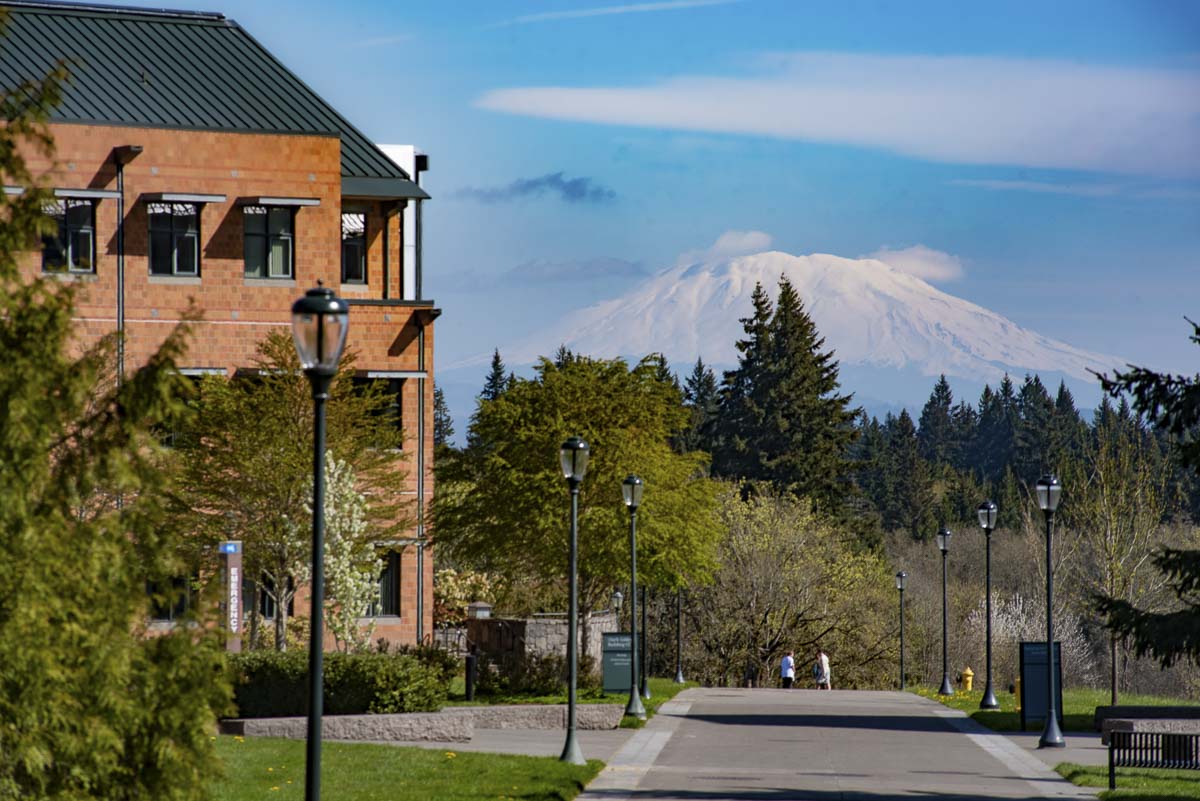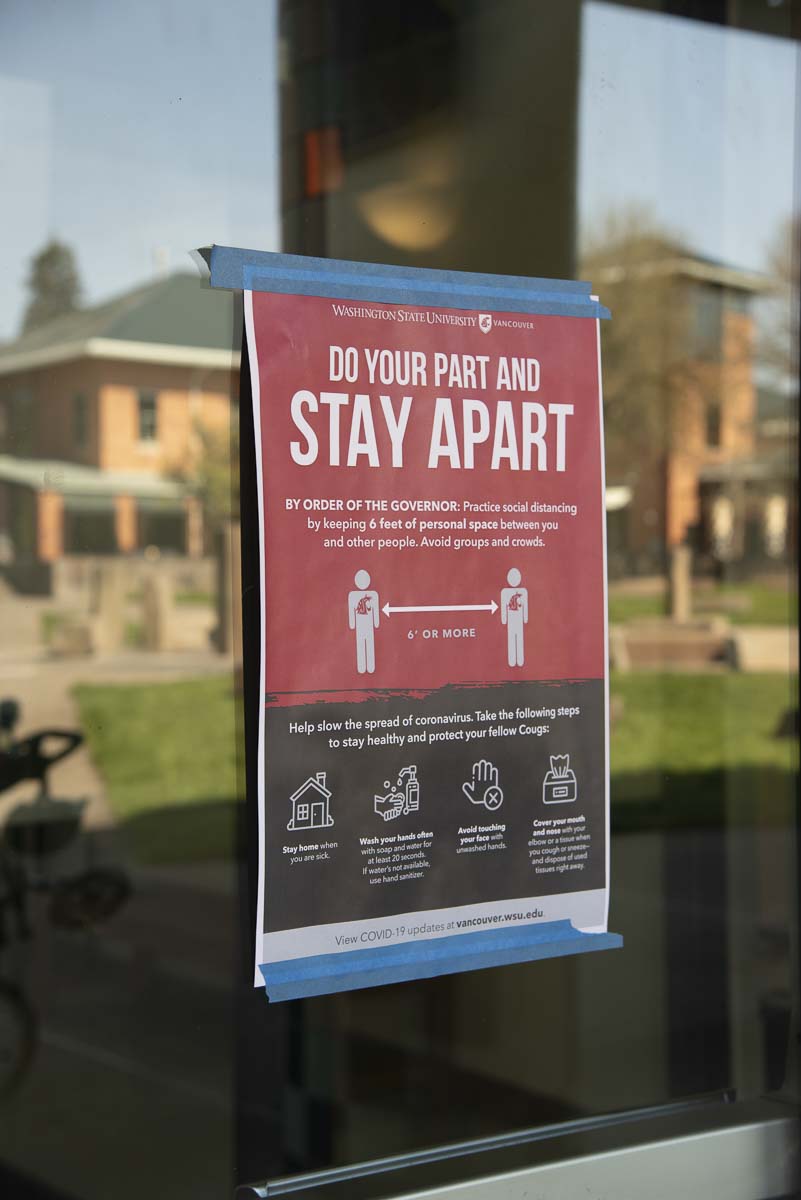Many students stuck in or out of the country unable to travel to either as scheduled
VANCOUVER — Perhaps one of the more unnoticed casualties of the current coronavirus pandemic are those now unable to go where they we’re headed, or head home once more. Amongst this group is a subset of people endeavouring to learn: international students.

At Washington State University’s Vancouver (WSUV) campus there are around 80 international students studying at any given time, according to Caitlyn Schock, a student affairs coordinator at WSUV.
“I know that really all of the WSU international student population, including Vancouver, has been significantly impacted by COVID-19,” Schock said. “There were some students who were in their home countries at the time that the travel bans were announced and have been unable to return.”
Exact numbers could not be provided by the school since students do not have to report whether they have gone home or not, but Schock explained that all current F-1 international students were given the option by the U.S. government to depart earlier than their visa was for without complications, and to continue their studies with WSU from abroad.

The financial impact of closures and disrupted life has been felt across the globe, and Schock pointed out that more so than ever for many of these students who do not necessarily have family to turn to or rely on if they are unable to work.
“Some of them might not be able to return home now if they want to just because of the closing of the borders,” she said. “Of course, there’s been a financial impact on everybody, but particularly for students who don’t have family to turn to. Some of them do, but a lot of them don’t have family here. So I think it could just be a big challenge in that respect too.”
Japan, for example, currently is requesting all incoming travelers from the United States to self-quarantine for 14 days in a hotel or their home. Over 150 countries are also restricting incoming travel from or going through Japan.
The flip side of the coin is study abroad students from the Vancouver campus who had to decide whether to return home and abort their studies or remain, perhaps indefinitely, in their host country.
According to the main WSU study abroad office in Pullman, there are currently 10 study abroad students specifically from Vancouver. Five decided to return home early, while the other five chose to stay in the countries they are in. Schock, who spoke with the Pullman office, said they could not speak to whether student returns were motivated by the current pandemic or some other cause.
“Since the campus decided to move online, I think it’s been the expectation that all classes have some sort of remote learning format,” she said. “So international students are expected to continue participating in their classes, no matter where they are.”
Many departments at WSUV, including student affairs, are working remotely but are still available for questions and can supply information. For updates on the situation at the Vancouver campus visit wsu.edu/covid-19/. If you are looking for more info with regard to international students’ studies at WSUV visit this page.




